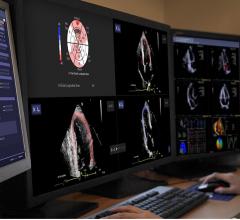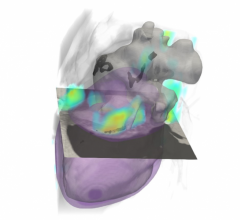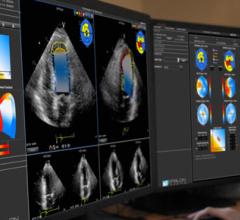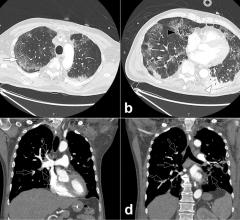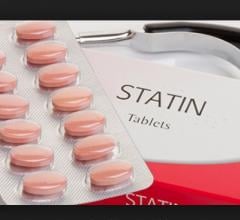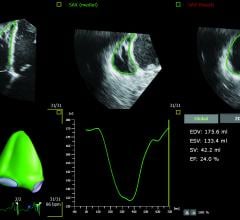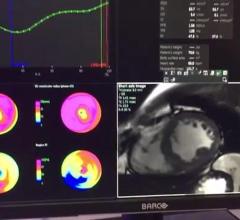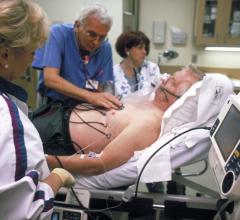October 13, 2014 – Significant numbers of patients who have been treated with chemotherapy drugs are at risk to have weakened hearts. Adult survivors of childhood cancer are 15 times as likely to have Congestive Heart Failure and 10 times as likely to have Coronary Artery Disease as their healthy siblings. To help clinicians monitor and minimize the cardiotoxic effects of various cancer therapies, the American Society of Echocardiography (ASE) and the European Association of Cardiovascular Imaging (EACVI) have released a comprehensive new document. This paper, Expert Consensus for Multimodality Imaging Evaluation of Adult Patients during and after Cancer Therapy: A Report from the American Society of Echocardiography and the European Association of Cardiovascular Imaging, appears in the September issue of the Journal of the American Society of Echocardiography (JASE).
This consensus paper is the result of several years’ work to outline the specific effects of the many different cancer therapies and details the strengths and challenges of various forms of imaging in detecting and monitoring damage to the heart as early as possible. The paper confirms that echocardiography is the modern method of choice for the evaluation of patients before, during, and after cancer therapy. The paper also strongly recommends an early baseline echocardiogram for all patients undergoing cancer therapy, and provides recommended time intervals for follow-up specific to each form of therapy used. According to Writing Group Chair Juan Carlos Plana, M.D., FASE, former co-director of the Cardio-Oncology Clinic at the Cleveland Clinic and now a Professor of Medicine at Baylor College of Medicine, “This proactive imaging protocol is extremely helpful as it provides an accurate starting point for the patient’s normal cardiovascular health and offers the clinician early detection and warning should there be any adverse changes during the cancer treatment.”
The size of the cardio-toxicity problem is significant, as there are currently over 12 million people in the United States living with active cancer or with a history of the disease, and this number is expected to grow as screening tests become more widely available, cancer treatment improves, and the U.S. population ages. “Once patients have survived cancer, they don't die from cancer, they die from heart disease. Cardio-oncology is about making sure that doesn't happen," said Plana.
The paper also outlines the various innovative tools that echo offers, such as three-dimensional echocardiography, myocardial deformation or “strain” imaging, contrast echocardiography, and stress echo. Notes Dr. Plana, “While 3-D echo is the preferred echo technique for monitoring cardio-toxicity, it may not always be available. But even when 3-D echo is not possible, 2-D echo still provides excellent information to the clinician and allows for early detection of any cardiac issues, which is the most important consideration.” If cardiac dysfunction is detected early, cardio-protective medications can be prescribed to mitigate damage, or treatment can be modified when necessary.
In conjunction with the publication of the consensus document, Plana will conduct a live webinar, including a question and answer section, on October 29, 2014 at 5:00 p.m. ET. The webinar will be available for free to all ASE members and open to all other clinicians for $25.
For more information visit www.onlinejase.com.

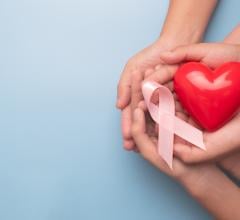
 May 18, 2022
May 18, 2022 
